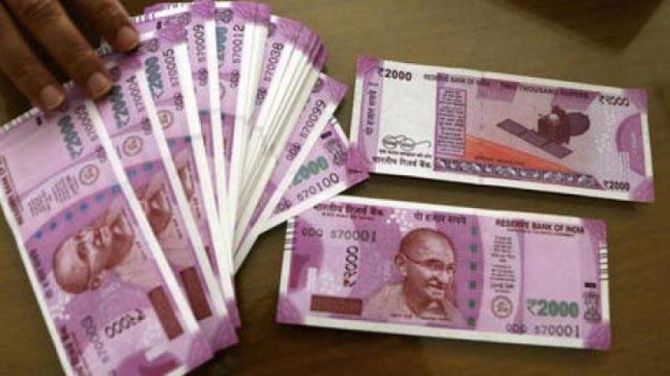They are not just underreporting income; they are reshaping what the income tax system perceives.

There have long been heated debates about the progressive nature of personal income tax (PIT) and the regressive traits of India’s indirect tax system, particularly the goods and services tax (GST).
However, a recent paper by Delhi School of Economics Director Ram Singh challenges even the supposed progressiveness of PIT.
His research shows PIT is effectively regressive because the wealthier sections of society underreport their income and wealth.
Professor Singh used the general election filings, the Forbes list, and PIT data from the Central Board of Direct Taxes to support his arguments.
The paper, titled Do the Wealthy Underreport Their Income? Using General Election Filings to Study the Income-Wealth Relationship in India, shows that the wealthiest 0.1 per cent of Indian households report income that is just 8 per cent of the national average income-to-wealth ratio.
For families listed in Forbes‘ top 100, the gap is even more staggering: their reported income amounts to merely one-twelfth of what an average Indian would report if they had similar wealth.
These figures, drawn from public affidavits and tax data, indicate a systemic pattern of the ultra-wealthy appearing income-poor on paper.
They are not just underreporting income; they are reshaping what the income tax system perceives.
As a result, the richest families in the country end up paying remarkably little tax.
In fact, the tax liability of the top 0.1 per cent amounts to just 10 per cent of their capital income.
For India’s wealthiest elite — those on the Forbes list — the effective tax paid on their capital income drops to an astonishing 5 per cent.
The paper shows that the wealthiest 0.1 per cent face tax liabilities of just 0.7 per cent of their wealth, while Forbes-listed families face a mere 0.4 per cent burden.
The study draws from a unique dataset of thousands of election affidavits, legally binding disclosures by political candidates that include both income and assets.
When cross-referenced with income tax data and corporate filings, these documents reveal a consistent pattern: income reporting drops dramatically as wealth increases.

Feature Presentation: Aslam Hunani/Rediff.com




